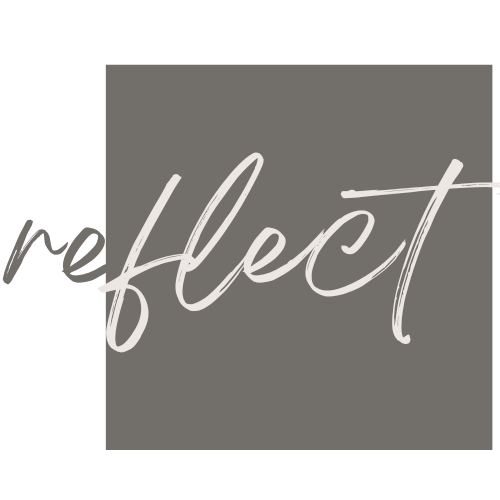It's okay to ask for help: knowing when to seek therapy
Hey there, lovely souls! Today, let's talk about something that often gets swept under the rug but is so important for our mental and emotional well-being: therapy, or as I like to call it, the art of healing from the inside out.
First things first, let's clear the air: seeking therapy doesn't mean you're "broken" or "crazy." In fact, it's quite the opposite! It takes courage and strength to recognize when you need support and to take steps toward a healthier, happier you.
So, when is it time to consider therapy? Well, the truth is, there's no one-size-fits-all answer. But here are a few signs that it might be worth exploring:
Feeling overwhelmed: Life can throw us some curveballs, and sometimes it feels like we're drowning in them. If you find yourself constantly stressed, anxious, or unable to cope with everyday challenges, therapy can provide the tools and strategies to navigate these tough times.
Struggling with relationships: Whether it's with a partner, family member, friend, or colleague, relationships can be complex and sometimes downright messy. If you find yourself stuck in unhealthy patterns, unable to communicate effectively, or feeling disconnected from those around you, therapy can help you untangle the knots and build stronger, more fulfilling connections.
Persistent sadness or low mood: It's normal to have days when you're feeling down, but when those feelings linger for weeks or even months on end, it could be a sign of depression. Therapy can offer a safe space to explore your emotions, identify underlying causes, and develop coping mechanisms to lift the fog and rediscover joy.
Struggling with self-esteem: We all have moments of self-doubt, but when negative thoughts about yourself start to interfere with your daily life and relationships, it's time to take action. Therapy can help you challenge negative beliefs, cultivate self-compassion, and learn to embrace your unique worthiness.
Dealing with trauma: Whether it's from a past event or ongoing abuse, trauma can leave deep emotional scars that affect every aspect of our lives. Therapy provides a safe and supportive environment to process trauma, heal emotional wounds, and reclaim your sense of safety and empowerment.
Experiencing significant life changes: From job loss and relocation to divorce and illness, major life transitions can take a toll on our mental health. Therapy can provide guidance and support as you navigate these changes, helping you find strength and resilience in the face of adversity.
Remember, seeking therapy is not a sign of weakness—it's a powerful act of self-care and self-love. So, if any of these signs resonate with you, I encourage you to reach out to a licensed therapist or counselor. You don't have to face your struggles alone, and there is always hope for healing and growth.
And hey, if you're still on the fence about therapy, that's okay too! Take your time, do your research, and listen to your intuition. Therapy is a deeply personal journey, and the most important thing is finding the right fit for you.
As the saying goes, "The darkest nights produce the brightest stars." So, don't be afraid to embrace the darkness and seek the support you need to shine brightly once again. You deserve it, my friend.
